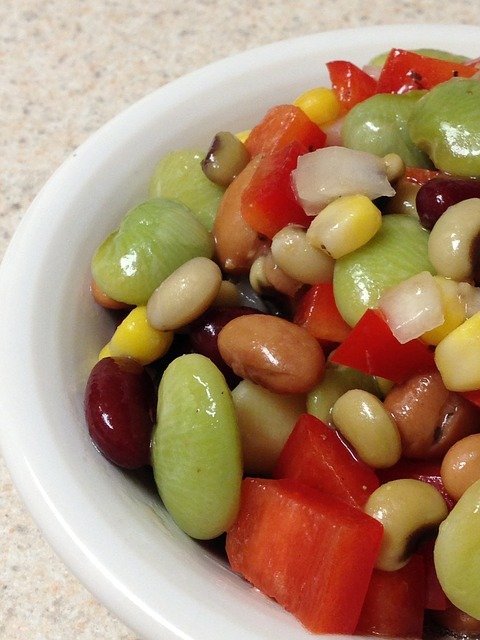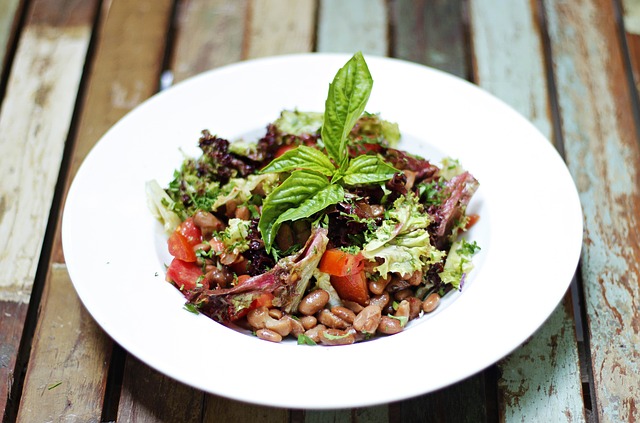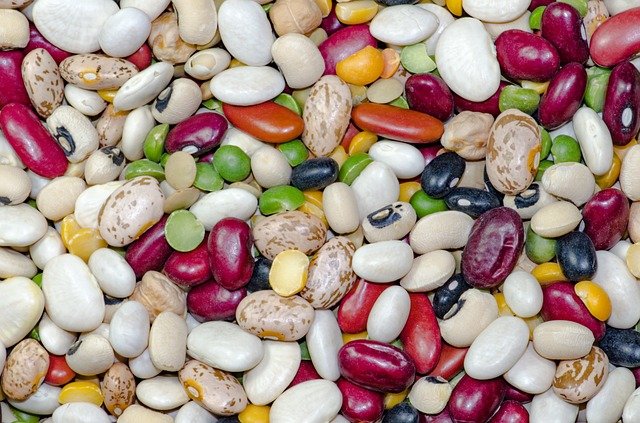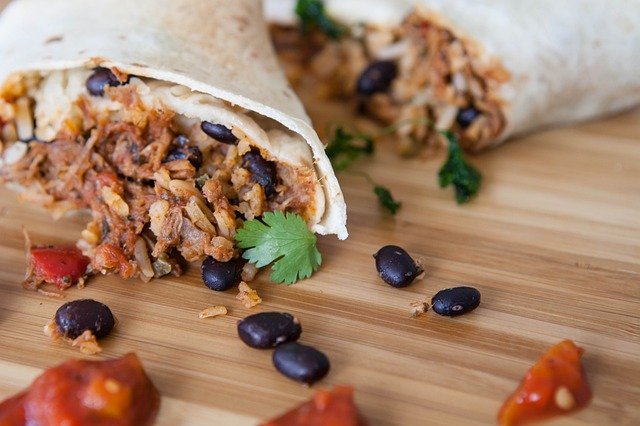Sponsored by So Good Juice – 100% Organic | Home Sown | Home Grown Juices made in the North West – www.sogoodjuice.com
Donegal Nutritionist Sorcha McElchar from Sorchas Healthy Living reveals the many health benefits we get from beans and the great variety of ways we can eat more of them!
There are many different types of beans offering many different tastes, textures and uses, so don’t just stick with baked beans! Beans can be dried, frozen, or canned. Here are some different types of beans that you should try to include in your cooking.
- Lima beans
- Black beans
- Cannellini beans
- Fava beans
- Soybeans
- Kidney beans
- Navy beans
- Red beans
- Pinto beans
- Garbanzo beans
- Black-eyed peas
- Fayot beans
- Mung beans

The many health benefits of beans:
1. They are full of essential nutrients like Protein, Folate and Fibre.
- Beans are still a great source of plant-based protein. Pairing beans with other plant-based proteins like rice, couscous or any other kind of grain will offer you all 9 essential amino acids. Beans are a great source of protein for Vegans and Vegetarians. Read my blog on Protein for more information.
- Folate or Folic acid is a very important nutrient that plays a role in red blood cell production and helps prevent neural tube defect in unborn babies.
- Then there’s Fibre which is essential for a healthy gut among other health benefits. Fibre also helps control your appetite as it keeps you fuller for longer, so increasing your fibre intake is a great way to lose weight if you need to. Read my blog on Fibre to find out more.
2. Beans are rich in polyphenols, which are antioxidants. Antioxidants help protect our body from free radicals that can cause damage to your cells and lead to chronic disease. These antioxidants and anti-inflammatory agents found in beans could have a positive effect on preventing certain cancers such as colon cancer. You can also get polyphenols in most fruits & vegetables, legumes, some grains, many herbs & spices, black tea, capers, cocoa powder, coffee, dark chocolate, ginger, green tea, olives and olive oil, rapeseed oil, red wine and vinegar.

3. Numerous studies have shown that beans are good for heart health. A very large study showed that people who regularly consume beans are less likely to die of a heart attack. A 2014 systematic review and meta-analysis concluded that there is a definite link between eating beans and a decreased risk of developing heart disease or type 2 Diabetes. Other research has shown that beans may be able to lower cholesterol levels, high cholesterol levels is a major red flag for heart attack or hear disease. The high fibre content will also mean beans lower the risk of developing Cardiovascular disease (CVD).
4. So, we’ve established that beans are a great source of fibre. Fibre helps slow the release of glucose from food into the bloodstream, giving us a steady flow of energy instead of a big energy spike followed may dip. Consuming a diet high in fibre helps reduce the risk of getting type 2 Diabetes in many ways such as improved blood sugar control and weight maintenance.
5. Did you know that most women experience period pain, and for many it’s so severe that it interferes with their daily activities? Period pain is mainly caused by inflammatory prostaglandins which are released when the lining of the uterus begins to breakdown. Excess Oestrogen causes the lining of the uterus to abnormally thicken and when it begins to breakdown a lot more inflammatory prostaglandins are produced, causing more pain. Beans and other spongy low fat, high fibre foods like prunes, raisins, apricots, oats are oestrogen binders. They bind to excess oestrogen and it’s excreted from the body. Animal products increase Oestrogen levels.
One study put 33 women on a low-fat vegan diet, and they all showed significant decrease in period pain compared to when they were on their regular diet, less water retention and fewer mood swings. It was so effective that some of the women even continued the vegan diet after the study was finished! Not saying you have to go full Vegan but reducing the amount of animal product you consume and increasing the amount of plant-based foods will benefit you in many ways.

There are many different uses for beans, dried, canned, or frozen. You can use them in soup, stew, casseroles, or curries. They can be tossed in salads or pasta dishes. They can be used instead of meat in some recipes. There are loads of recipes that can help you incorporate more beans into your life, try my Mixed Bean Burrito for lots of flavour!

One last thing. If you’re worried about eating beans causing excess gas, then try these tips.
- Increasing your fibre intake is great, but it’s best done slowly. Otherwise you may experience some uncomfortable gastro issues for a while. Beans are high in fibre so don’t go crazy eating a whole can of beans everyday straight off!
- Drinking plenty of water is a must when increasing your fibre intake.
- When soaking dry beans soak them in hot water. The longer they soak the more gas is released into the water, so it’s a good idea to change the water several times and discard the water afterwards.
- Rinse canned beans (ones without sauce like kidney beans and navy beans), before cooking.
In conclusion I think beans are a great addition to your diet, especially if you’re trying to add more plant-based foods. They are also great to use if you’re having a “meat free” day as many of them have a meaty texture and lots of protein.
For more, click HERE to follow Sorchas Healthy Living on Facebook.
Tags:







